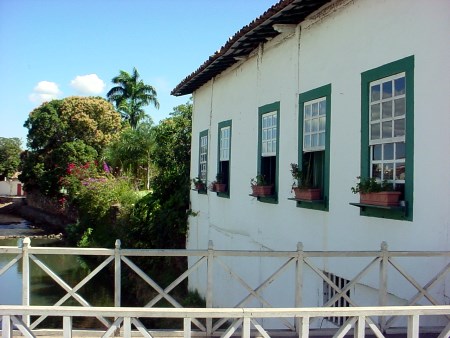Tags
Global Internet Governance, Mass Internet Surveillance, Net Neutrality, President Dilma Rousseff
 Brazil’s President Dilma Rousseff addresses participants
Brazil’s President Dilma Rousseff addresses participants
NETmundial Global Multistakeholder Meeting
on the Future of Internet Governance
São Paulo – Brazil – April 23-24, 2014
Photo Credit: el Nuevo Herald
Edward Snowden’s revelations about America’s massive surveillance system shocked our allies. Since learning that the U.S. National Security Agency had intercepted Brazil’s phone calls and e-mails, including her own, Brazilian President Dilma Rousseff has been in the forefront of pushing reform of Internet governance.
On 23 April 2014, during her opening address at the two-day NETmundial Global Multistakeholder Meeting on the Future of Internet Governance, held in São Paulo, President Rousseff deemed U.S. espionage “unacceptable…in that they are an affront against the very nature of the Internet as a democratic, free, and pluralistic platform.” Her remarks that no country should have “more weight than another” in governing cyberspace received applause.
Organized in partnership with Brazil’s Internet Steering Committee and /1Net, the meeting attracted 1,227 participants from 97 countries. (Check out who attended the event.)
“This meeting is in response to a global desire for changes in the current situation and the systematic strengthening of freedom of expression as well as the protection of basic human rights, including the right to privacy,” President Rousseff told the gathering.
After two days of a bottom-up, open, and participatory process involving thousands of people representing governments, civil society, private sector, academia, and the global technical community, the result is the non-binding NETmundial Multistakeholder Statement of São Paulo. It’s divided into two sections: Internet Governance Principles and the Roadmap.
The Principles stress the importance of human rights and shared values that permit freedom of expression and association, as well as access to information. The contentious issues of mass surveillance and the collection of personal data are a sub-text for review under the Right to Privacy. Other principles include the security, stability, and resilience of the Internet; an open and distributed architecture; and environment for sustainable innovation and creativity. Governance should be transparent, accountable, equitable, collaborative, and consensus driven.
Among other issues, the Roadmap stresses the need for cooperation in addressing international public policy issues; transparent appointment of representatives; coordination between local, regional, and global entities; and development. In spite of general consensus of the urgent need for mass surveillance reform, the Roadmap merely calls for “[m]ore dialogue…at the international level using forums like the Human Rights Council and IGF [Internet Governance Forum]…”
The intensely debated issue of Net Neutrality also failed to gain prominence in the Roadmap. It appears last on the list of “Points to be further discussed beyond NETmundial.”
The outcome of the ambitious gathering, the first of its kind, to tackle the future of Internet Governance, disappointed those participants who expected concrete actions. Nevertheless, as the Brazilian Chair Virgílio Almeida noted in his closing remarks, the NETmundial meeting “is an undeniable proof that inclusiveness has its rewards, resulting in transparent and a democratic spirit towards a common goal.”
NETmundial São Paulo is just the first step towards reformulating global Internet governance. Here in the United States, the battle for Net Neutrality is already underway. To succeed, we must keep moving forward.
Watch Democracy Now! video interview, broadcast on 26 April 2014:






